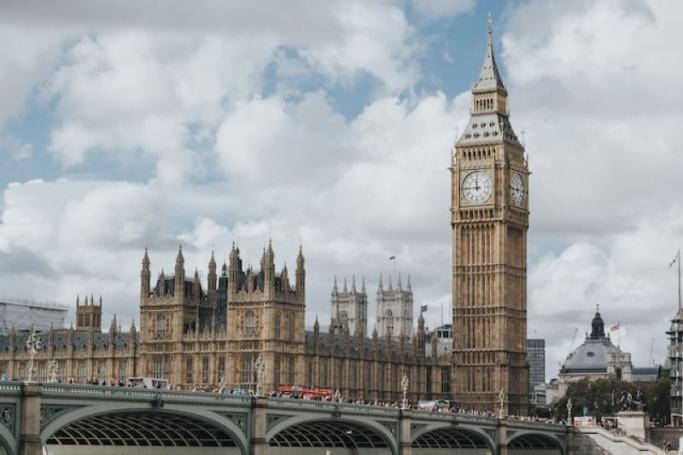Mizzima
In what looks like a continuing downward trend of UK aid to Rohingya refugees, the UK government has recently announced only £3 million in humanitarian support to Rohingya refugees and host communities in Bangladesh, reports Burma Campaign UK.
The total aid to Rohingya refugees halfway through this financial year is £16.9 million, which represents an 85% cut since 2019-2020.
Burma Campaign UK is calling on Foreign Secretary James Cleverly and Minister for International Development Andrew Mitchell to urgently reverse cuts.
- The UK government has announced three rounds of aid spending to Rohingya refugees this financial year: £2.3 million on 21 May, £11.6 million on 3 July, and £3 million on 12 September.
- Last year aid to Rohingya refugees was slashed to £20.26 million.
- In 2019-2020 UK aid to Rohingya refugees was £112.36 million.
- The World Food Programme has cut monthly food rations for Rohingya by a third, from $12 to $8 per person, due to dramatic aid cuts by international donors.
- In June, three UN experts said that the rations cuts would spike rates of acute malnutrition, infant mortality, violence, and even death and that impact would be severe and long-lasting, stunting the development of children and dimming the hopes of future generations.
- The humanitarian need in the camps for the year 2023 has only been met by 38.9%.
In a Westminster Hall Debate on 19 April, when challenged on the aid cuts to Rohingya, International Development Minister Andrew Mitchell said: “When we come to make decisions on funding, we do not look at the issue of restoring the money, we look at the issue of need.”
“The government is clearly not looking at need when they are allocating aid to Rohingya. Over one million people, the majority of whom are children, are at risk of severe malnutrition and even death. The attempted military coup in Burma makes return of Rohingya to their homeland impossible in the short term. Genocide survivors are left to go increasingly hungry and desperate,” said Karin Valtersson, Campaigns Officer at Burma Campaign UK.
The UK government also seems to be portioning out smaller aid amounts in multiple packages, rather than announcing larger support up front, which further hinders aid organisations to plan and budget.
Rohingya organisations and activists keep highlighting the dire situation in the camps, both in lack of basic humanitarian need such as food and shelter, and the security. In Rakhine State, Burma, Rohingya are still living under genocidal conditions. Rohingya are again risking their lives at sea, leaving both the overcrowded camps and Rakhine State in the hope of getting to nearby countries. According to the British Government’s Human Rights and Democracy report for 2022, over 3,500 Rohingya attempted sea crossings, many dying in the process.
“The Rohingya have nowhere to turn. Their choice is risking death in the camps, risking death at sea or risking death in Burma. James Cleverly and Andrew Mitchell could help make their lives more bearable in the camps until they can return to their land in Burma in genuine safety, but are choosing not to,” said Karin Valtersson.












